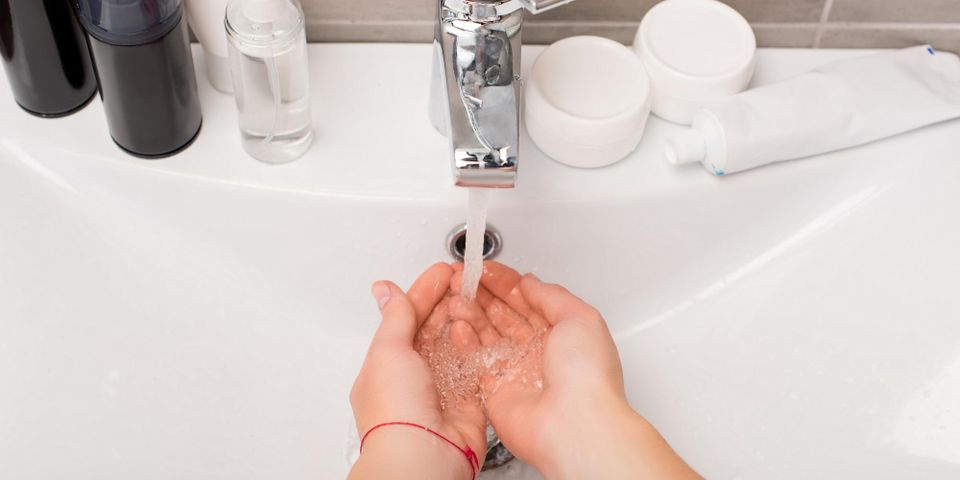
A septic tank system is a self-contained waste treatment unit for properties without access to a public sewage system. A series of deep trenches and perforated pipes are lined with gravel or sand for wastewater to drain into the soil. Solid waste is self-composted in a sealed tank, which is emptied periodically by a septic service. If your system is faulty and you’re preparing for an installation, below are answers to some frequently asked questions about the topic.
Questions About Septic Installations Answered
How do I prepare for a septic tank installation?
Before installation, your contractor will complete a percolation test to determine your soil drainage. The site with the current septic system must be free of trees and bushes, as well as vehicles, so make sure to park on the street.
If your site is approved for a new septic tank and drain field, an engineer will custom-design a system and drain, accounting for the slope and landscape of the property. Since you’ll be making modifications to your home, you’ll need to apply for a permit. Your septic company may take care of this step for you or provide resources to help you get your permit faster.
How long does the installation take?
A septic tank installation can take anywhere from a few days to several weeks, depending on your property’s excavation and system needs, the weather, and local requirements for permits and mid-installation inspections.
Should I relocate?
 Septic tanks aren’t just for your toilets; they connect to your home’s entire drainage system, including sinks, showers, dishwasher, and washing machine.
Septic tanks aren’t just for your toilets; they connect to your home’s entire drainage system, including sinks, showers, dishwasher, and washing machine.
Most homeowners opt to stay at a hotel nearby while teams are working on the system. If you’re installing a septic tank for a new home, allow plenty of time to complete the project before moving in.
How much maintenance does a new septic tank need?
A tank should be pumped every one to three years, depending on its size, your frequency of use, and the leaching ability of the property’s soil.
Your septic tank is designed to biodegrade its contents, but you need to monitor what goes down the drains. Keep your water use to a minimum, and only flush toilet paper. Never pour household chemicals down the drain, as they destroy essential composting bacteria.
For a seamless, on-schedule installation or regular maintenance and pumping services in Uncasville, CT, contact P & H Construction and Septic Service. These professionals will install a new septic system as efficiently end effectively as possible. They’re available 24/7 to repair any septic emergency, including leaks and breaks. Visit their website or call (860) 848-8507 for more information.
About the Business
Have a question? Ask the experts!
Send your question

